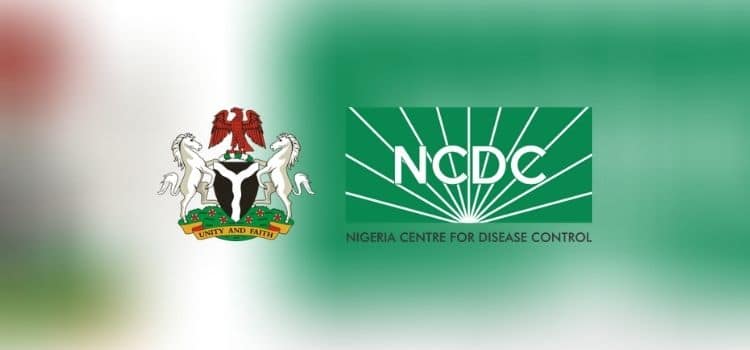By Muhammad Amaan
The Nigeria Centre for Disease Control and Prevention (NCDC) said it has demonstrated proactive approach in combating Cerebrospinal Meningitis (CSM) outbreak in the country.
Director-General of the centre, Ifedayo Adetifa, said the approach included enhanced surveillance, vaccination campaigns and public awareness.
He added that the centre also strengthened healthcare infrastructure to control the spread of the disease and protect the health of Nigerians.
He explained that “CSM occurs when there is acute inflammation of the covering of the brain and the spinal cord; an epidemic-prone disease with cases reported all-year-round in the country.
“However, weather conditions like the dry season that comes with dust, wind, cold nights, and frequent upper respiratory tract infections increase the risk of infection, especially with crowding and poor ventilation.
“The highest burden of CSM in Nigeria occurs in the ‘Meningitis Belt,’ which includes all 19 states in the Northern region the FCT, and some southern states such as Bayelsa, Cross River, Delta, Ekiti, Ogun, Ondo, Osun.”
He said that Nigeria recorded 2,765 suspected and 303 confirmed cases in 2022/2023, with 190 deaths across 140 local government areas in 30 states, including the Federal Capital Territory (FCT).
He, however, emphasised that “the Federal Government, through the Federal Ministry of Health and Social Welfare, and the NCDC is working to prevent, detect and respond to cases of CSM.”
He said that the National CSM Technical Working Group (TWG) had continued to monitor the disease trend so as to evolve a multi-sectoral response to tackling the menace.
Dr Adetifa said “CSM remains a priority disease and ever-present public health threat in Nigeria, with annual outbreaks in high-burden states that present a challenge for people, health systems, economies, and communities.
“At the beginning of the season, state governments and public health authorities were alerted to the heightened risk of a CSM outbreak and the need for resource mobilisation for response activities.
“While routine meetings of the National Multi-Sectoral CSM TWG coordinate prevention and preparedness activities in the country, regular communication with high-burden states are on to ascertain status, progress, and challenges.
“Also, there is ongoing surveillance through routine Integrated Disease Surveillance and Response (IDSR) and Event-Based Surveillance (EBS), as well as provision of offsite and onsite support to states for daily reporting and progress with response activities.”
He said that the deployment of Rapid Response Team (RRT) to Jigawa and Bauchi states to investigate reports of rising cases and provide medical and laboratory commodities to aid the states were part of the approach to check spread.
He cautioned against crowding, indoor air pollution and prolonged contact with confirmed CSM cases, including relatives, and encouraged regular hand hygiene and clean environment.
The NCDC boss, who listed fever, headache, nausea, photophobia and neck stiffness as symptoms of CSM, urged Nigerians to visit the nearest health facility if they notice any of the signs, or call the State Ministry of Health hotline or 6232 (NCDC toll-free line).
He advised healthcare workers to adhere to infection prevention measures to check spread of the disease.




